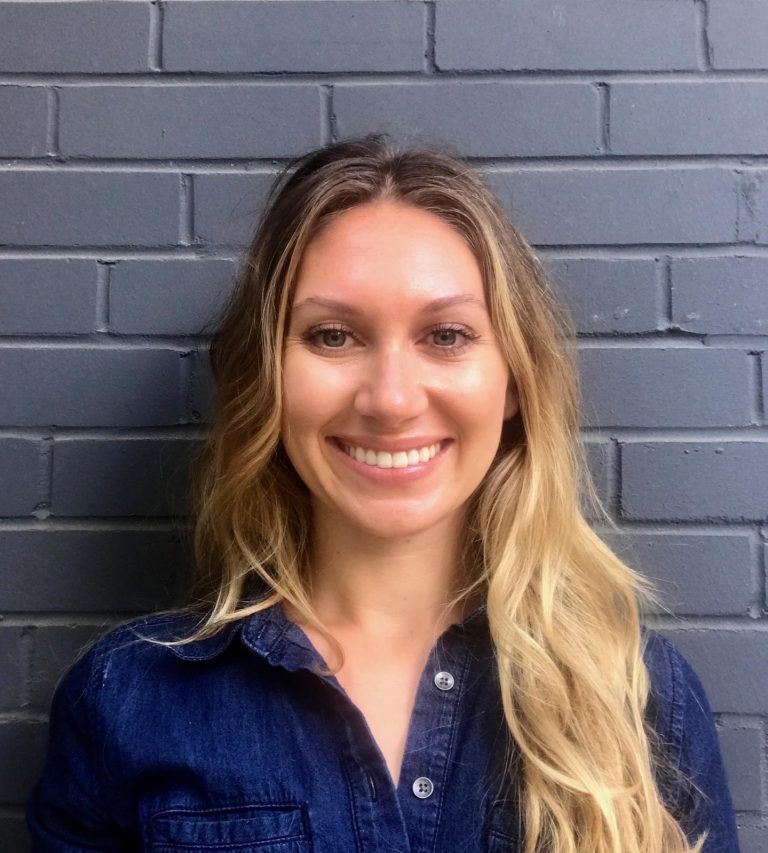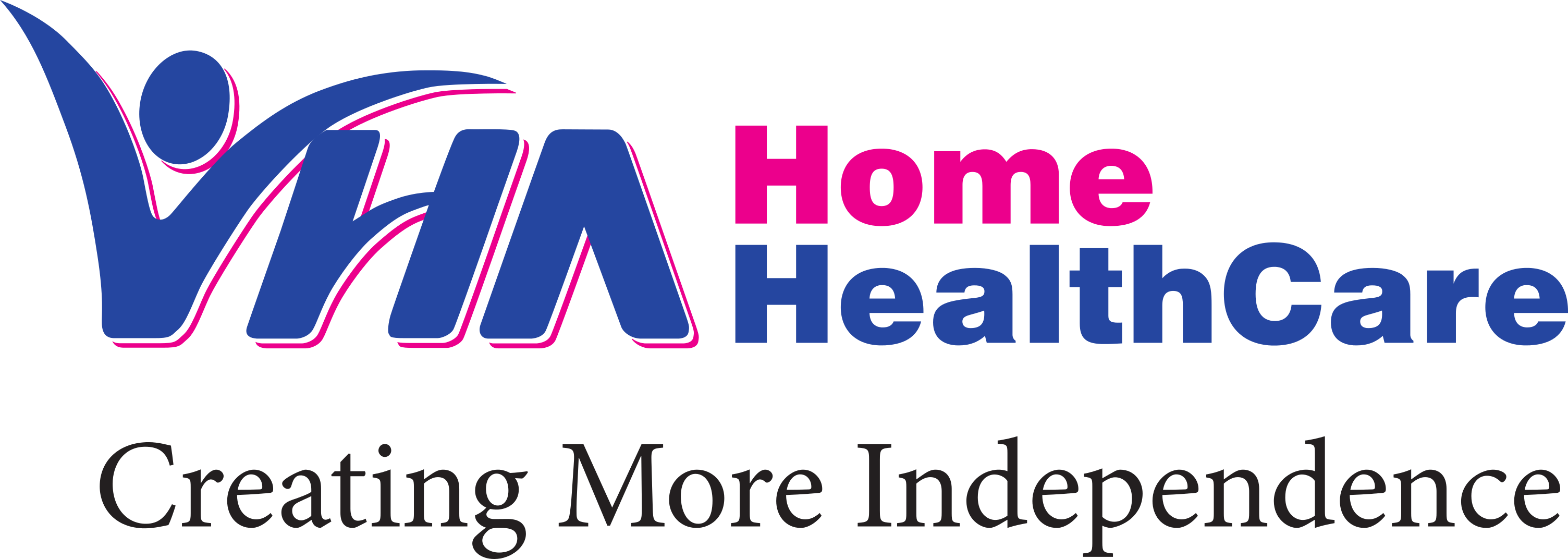The Waiting Pain: Waiting as a form of suffering and how we can alleviate it for families

How does waiting for a transplant or to see if a transplant worked affect a child and their family? What does it do to relationships? What conversations does it spark? Can it provide healing or is it only destructive? These are some of the questions Kristina Smith, one of VHA’s Junior Researcher Development Award recipients, is exploring in her PhD research into waiting as a form of suffering and how we can alleviate it for families.
Now in her fourth year of doctoral studies in Kinesiology and Physical Education, and is completing a collaborative degree with the Joint Centre for Bioethics at the University of Toronto, Kristina decided on this area of focus after taking a pain course in the nursing department and learning more about pain from the health perspective. “I started to see the lack of resources – especially with kids,” she says. “We don’t understand how children experience pain and the different ways they might be suffering. And there hasn’t been a whole lot of study on the relational aspects of suffering, especially in health care, looking at the web of people involved, what happens to those relationships and how can we heal from this process after.”
VHA’s Junior Researcher Development Award offers mentorship and funding opportunities for young researchers who have an interest in studying and advancing evidence in home care. “The people I’ve been working with at VHA have been so foundational and essential to my work. I needed access to children and their families and health care providers, and VHA connected me with different families who have had or are waiting for a transplant,” explains Kristina.
Together with her supervisor, Kristina developed a narrative ethnography framework for this research, looking into cultural and social activities and customs—a novel approach that “hasn’t been well used yet, but it’s an excellent method to understand a process and how that unfolds,” she explains. Using this framework, she visits the families primarily in their homes, but sometimes at hospital or joins them for appointments to see how they organize their life around waiting and to understand what they are living with.

Kristina conducts approximately six interviews with each family as well as three interviews with health care providers who have experiences observing waiting families. Kristina has also asked the parents and health care providers to do two journal entries a week for a month. “With these eight entries, I can get at the aspects that I’m not seeing: what is important to them, what does mundane, everyday life look like when you’re waiting? We focus a lot on the exceptional aspects of suffering and not enough attention is given to what everyday life looks like.”
One of the emerging themes over the past year of research has been the families’ sense of having to forge their own path. “One of the biggest things parents are telling me is ‘There is no roadmap.’ The families don’t know what to expect and there’s no one to prepare them for what they are going through,” Kristina explains. And while the children are well taken care of, the families feel less tended to. “All of the families have been so willing to talk to me, they to want to talk about this with someone—it’s been overwhelming. They’re saying, ‘Not enough people are talking to us or asking how we’re feeling.’ They are going through these processes with so many different people but not enough people are asking them these simple questions.”
Kristina is hoping her research can help change that. “I’m hoping to develop a theory of relational suffering and how we can understand waiting differently and explore that more in the academic and health care worlds.” She also sees the work informing policy and process changes within VHA and other organizations around how they communicate with these families, provide support and resources, and how organizations support their health care providers, who carry a large emotional burden.
“How can we improve this process of waiting? What different resources do we need? How can we talk to people differently? Knowing what happens to people and how their relationships are affected, how can we improve this process for all involved?” are some of the questions Kristina hopes to answer.
“I’m amazed by how strong these families and all the health care workers working with them are. The families have gone through so much trauma and they are still smiling every day and finding the joy in life. It’s definitely taught me to not sweat the small stuff and to look at the bigger picture.”
To learn more about VHA’s Junior Researcher Development Award program, contact Emily King, Manager of Research Operations, at emily.king@vha.ca
